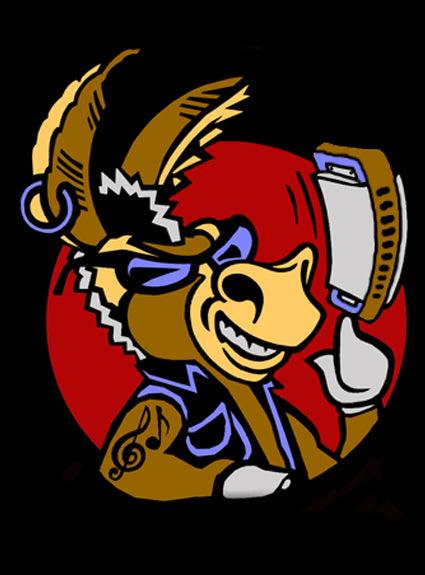Your Cart is Empty
Add description, images, menus and links to your mega menu
A column with no settings can be used as a spacer
Link to your collections, sales and even external links
Add up to five columns
A column with no settings can be used as a spacer
Link to your collections, sales and even external links
Add up to five columns
Sign up to get the latest news on my tour schedule, microphones for sale, new merchandise, music, lessons, and email specials!

...don't miss the latest news on the tours, microphones, merchandise, music, lessons, and email specials!